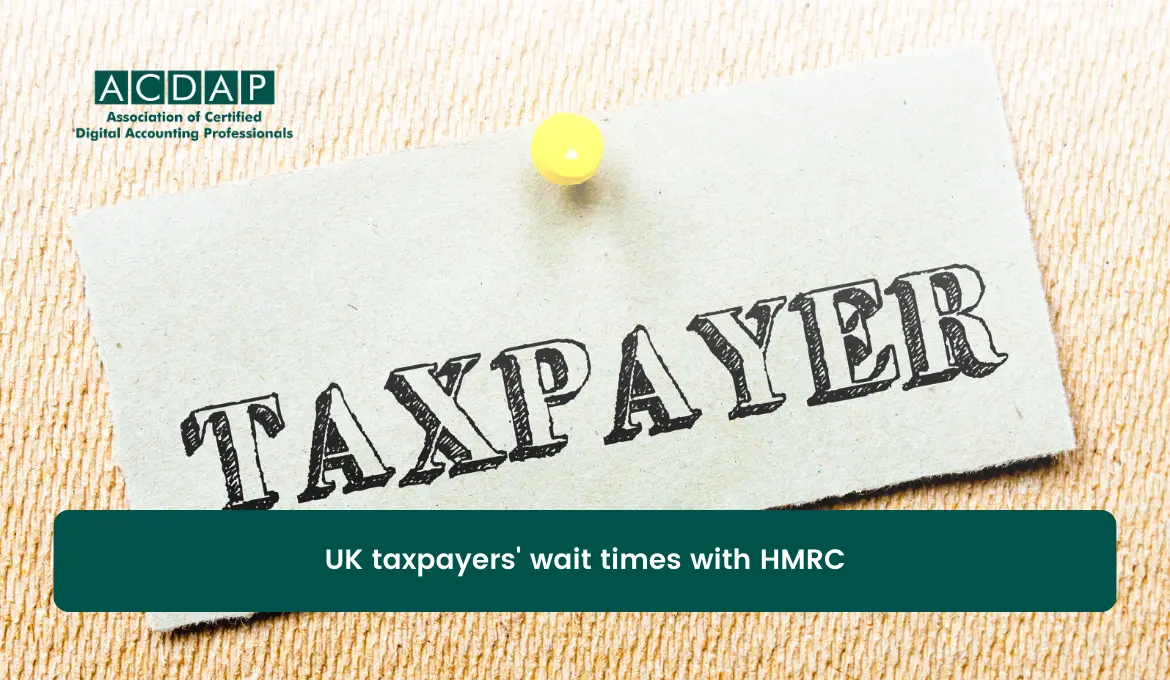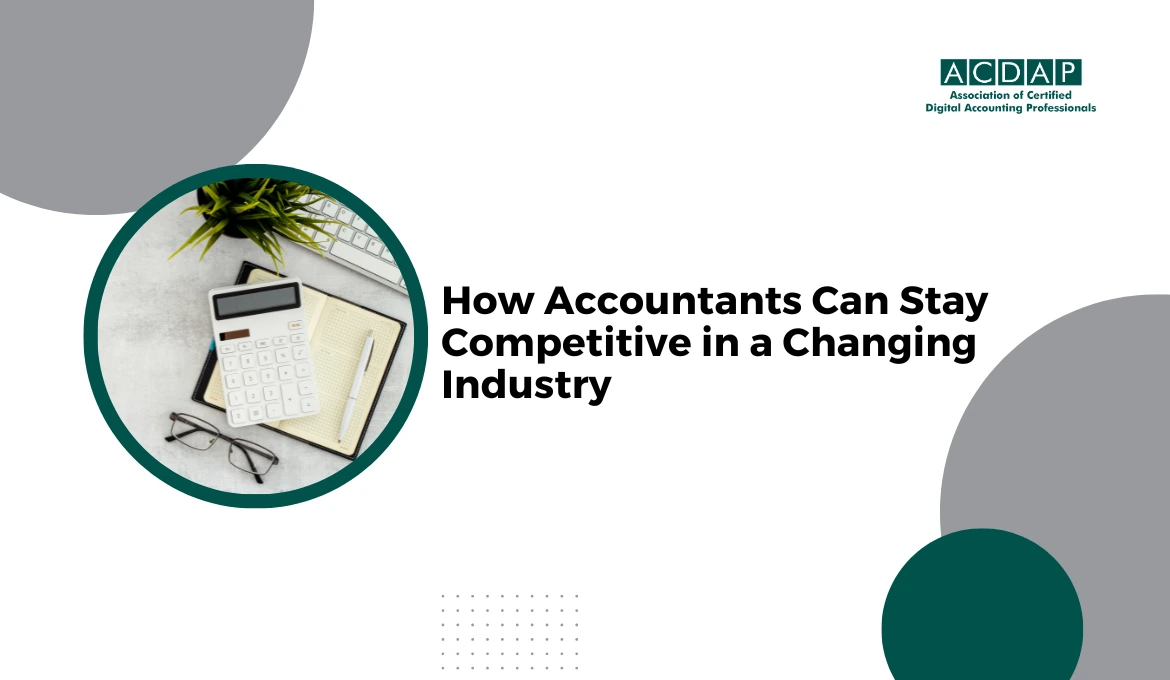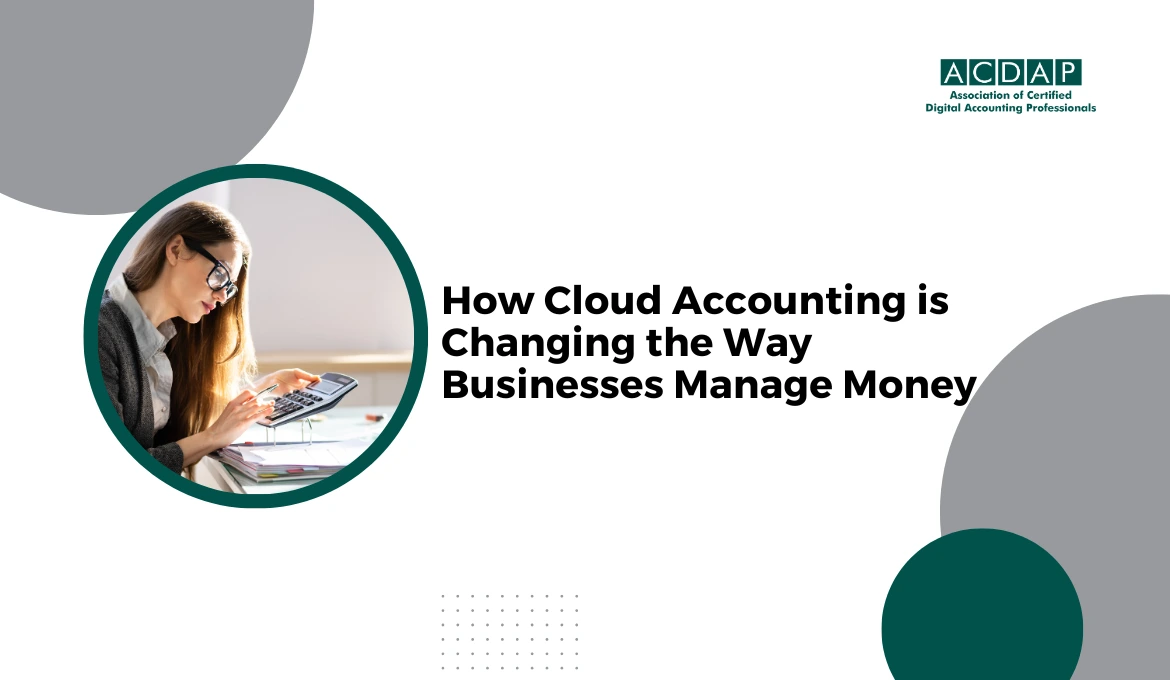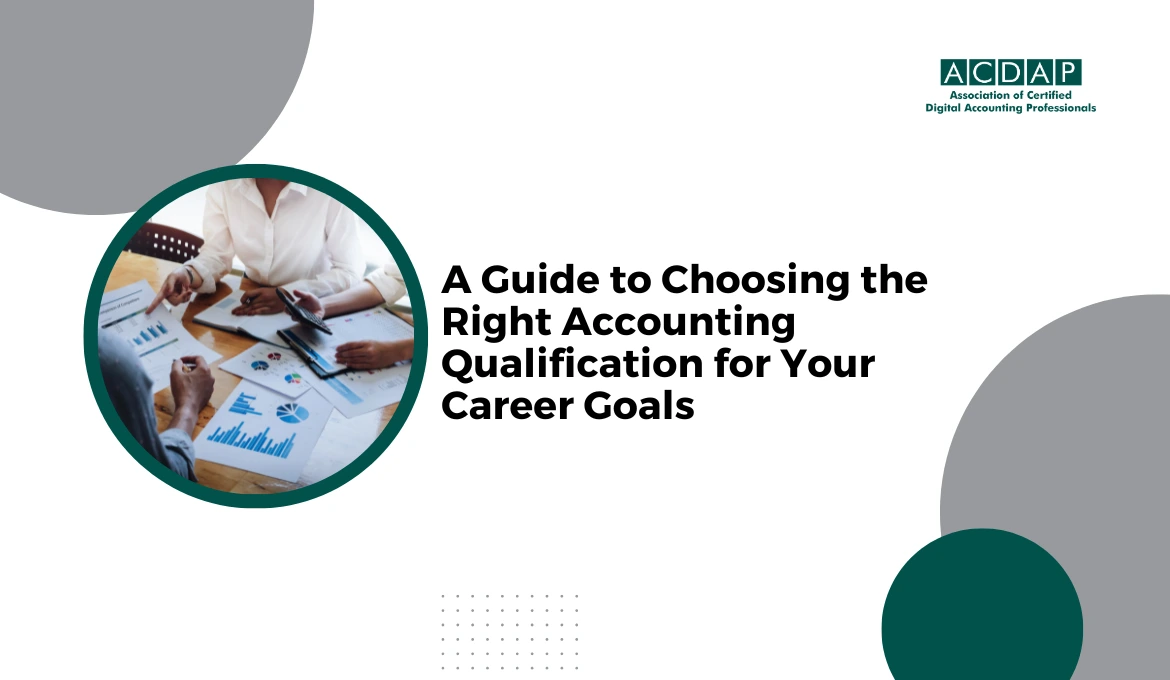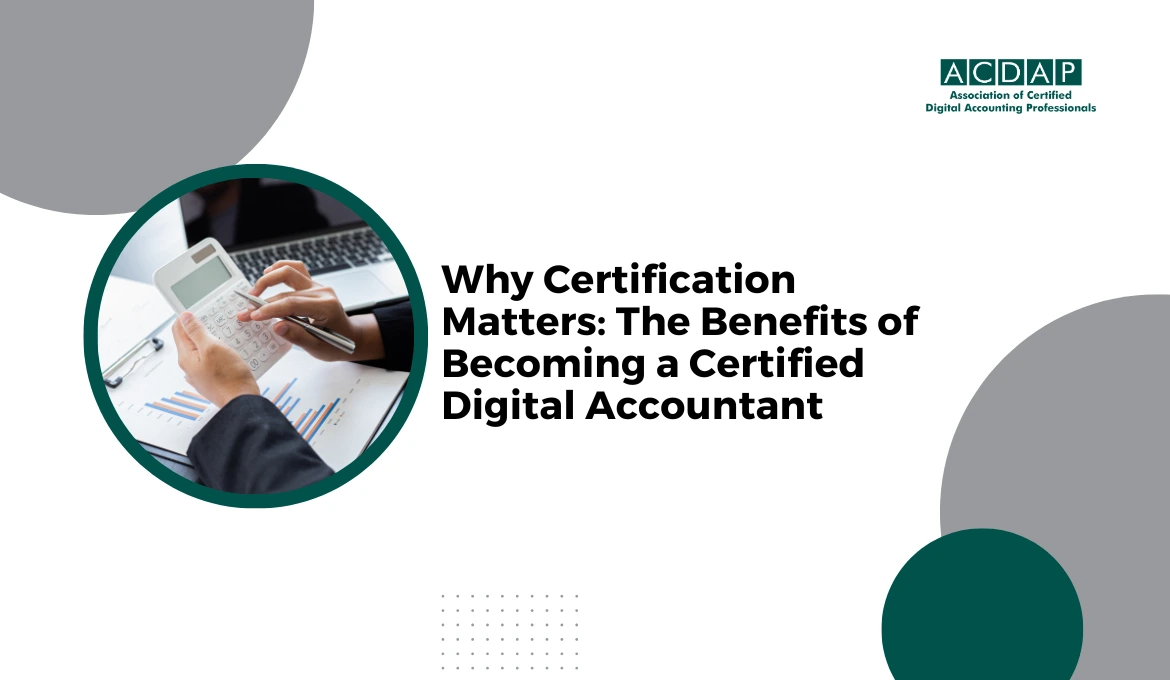HMRC (His Majesty's Revenue and Customs) handles a lot of tax-related requests and issues in the UK. This means that sometimes, taxpayers might have to wait a long time to get a response from them.
Reasons for long wait times
There are a few reasons why you might experience long wait times with HMRC:
- High number of requests: HMRC gets a lot of inquiries and requests each day, which can slow down their response time.
- Complex issues: Some tax problems are complicated and take more time to fix.
- Staff shortages: Sometimes, there may not be enough staff to handle all the requests quickly.
- System updates: Changes or issues with HMRC's computer systems can also cause delays.
How long might you wait?
The wait time can vary. For simple questions, you might wait a few weeks. For more complicated issues, it could take several months. HMRC's website often gives estimated wait times, but these can change.
What to do while waiting
While you're waiting for a response, you can:
- Use online services: Many tax issues can be sorted out online, which might be faster than waiting for a phone call or email.
- Be patient: Understand that HMRC has many requests to handle, and delays can be normal.
- Keep your records: Save copies of any messages you send to HMRC and note any reference numbers.
Tips to reduce wait times
To help reduce wait times, you can:
- Use online tools: Check if you can solve your issue online through HMRC's website.
- Give complete information: When contacting HMRC, provide all the details they need to avoid extra delays.
- Call at quieter times: Try calling HMRC during less busy times of the day or week.
What HMRC is doing to improve
HMRC knows that long wait times are a problem and is working to make things better. They are investing in new technology and hiring more staff to handle requests faster. They are also improving their online services.
Seeking help from HMRC's helplines
HMRC provides various helplines for different issues. If you're waiting too long, try calling the appropriate helpline for your specific query. They might offer more immediate assistance or updates on your request.
Understanding HMRC's response process
When you contact HMRC, they follow a process to handle your inquiry. This includes reviewing your information, researching your issue, and then responding. Understanding this process can help you know what to expect and why it might take time.
How delays can impact your tax situation
Long delays in receiving a response from HMRC can affect your tax situation. It might lead to:
- Missed deadlines: Delays can cause you to miss tax deadlines or payments.
- Inaccurate tax returns: Waiting too long for information might lead to mistakes on your tax return.
- Increased stress: Uncertainty and waiting can increase stress about your tax matters.
When to escalate
If your wait time is very long or if you have an urgent issue, you can:
- Get help from a tax advisor: If you have a tax advisor or accountant, they might help speed up the process.
- File a complaint: If you think HMRC is not handling your case well, you can file a formal complaint.
Conclusion
Waiting a long time for a response from HMRC can be frustrating. While wait times can vary, using online services and keeping good records can help. HMRC is working to improve their response times and make things easier for taxpayers. Being patient and proactive can help you get the help you need more quickly.
